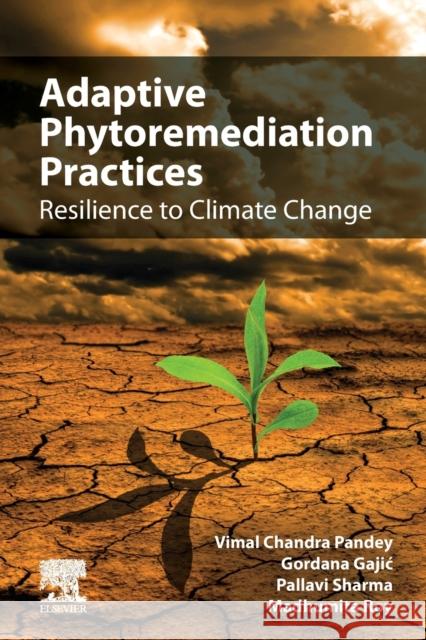Adaptive Phytoremediation Practices: Resilience to Climate Change » książka
topmenu
Adaptive Phytoremediation Practices: Resilience to Climate Change
ISBN-13: 9780128238318 / Angielski / Miękka / 2022 / 372 str.
Kategorie:
Kategorie BISAC:
Wydawca:
Elsevier
Język:
Angielski
ISBN-13:
9780128238318
Rok wydania:
2022
Ilość stron:
372
Waga:
0.49 kg
Wymiary:
22.86 x 15.24 x 1.96
Oprawa:
Miękka
Wolumenów:
01











